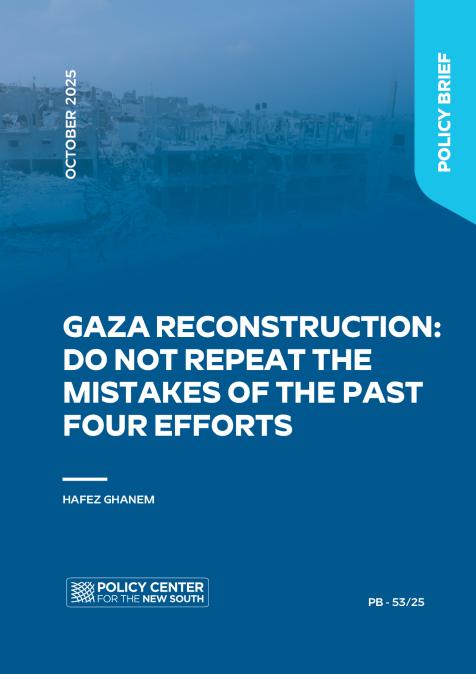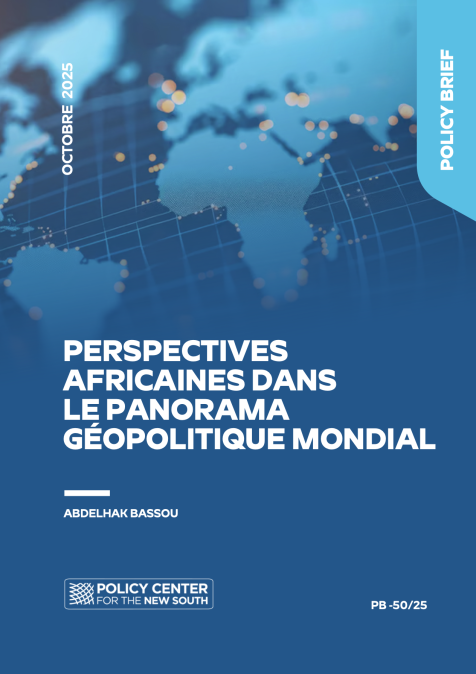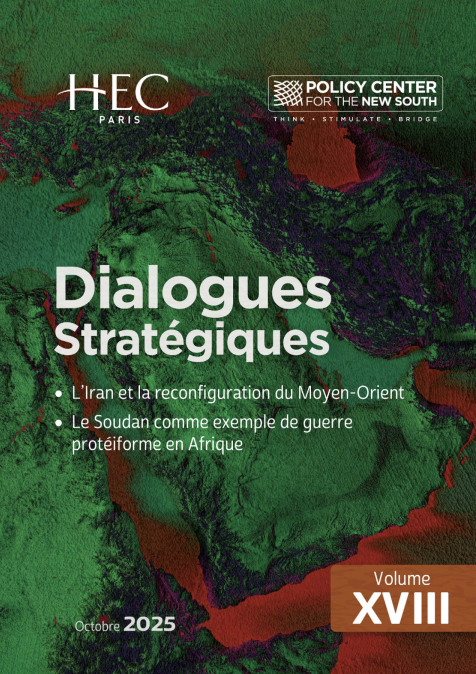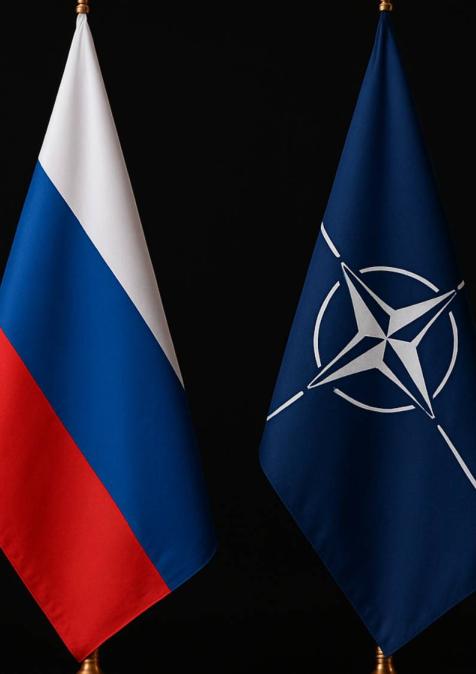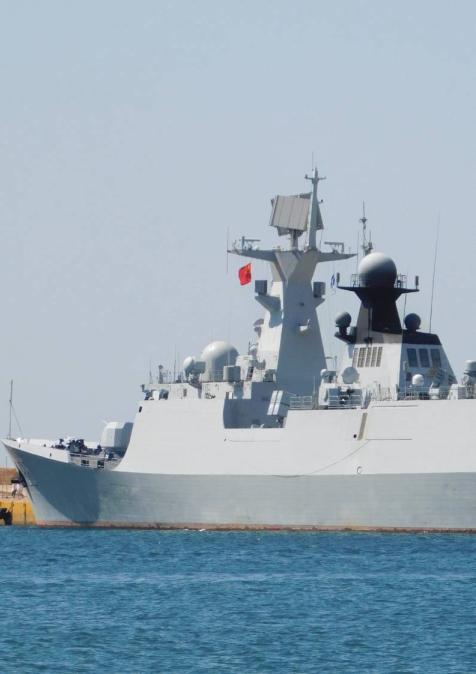Podcasts
Russie: Perspectives économiques et politiques 2016
16
February
2016
Related topics:
Ce podcast est délivré par Tatiana Kastoueva-Jean. Les conflits extérieurs ont marginalisé la politique intérieure pendant plusieurs mois. Or, cette dernière est en train de « prendre sa revanche » : la dépression économique peut influencer la tenue des élections législatives en septembre prochain, premières élections de niveau fédéral depuis les protestations sociales qu’a générées le cycle électoral de 2011-2012. Le défi pour le gouvernement russe est en 2016 triple : enrayer la dégradation économique et ses conséquences sociales, réduire les risques de la future épreuve électorale et préserver le consensus national post-Crimée.

